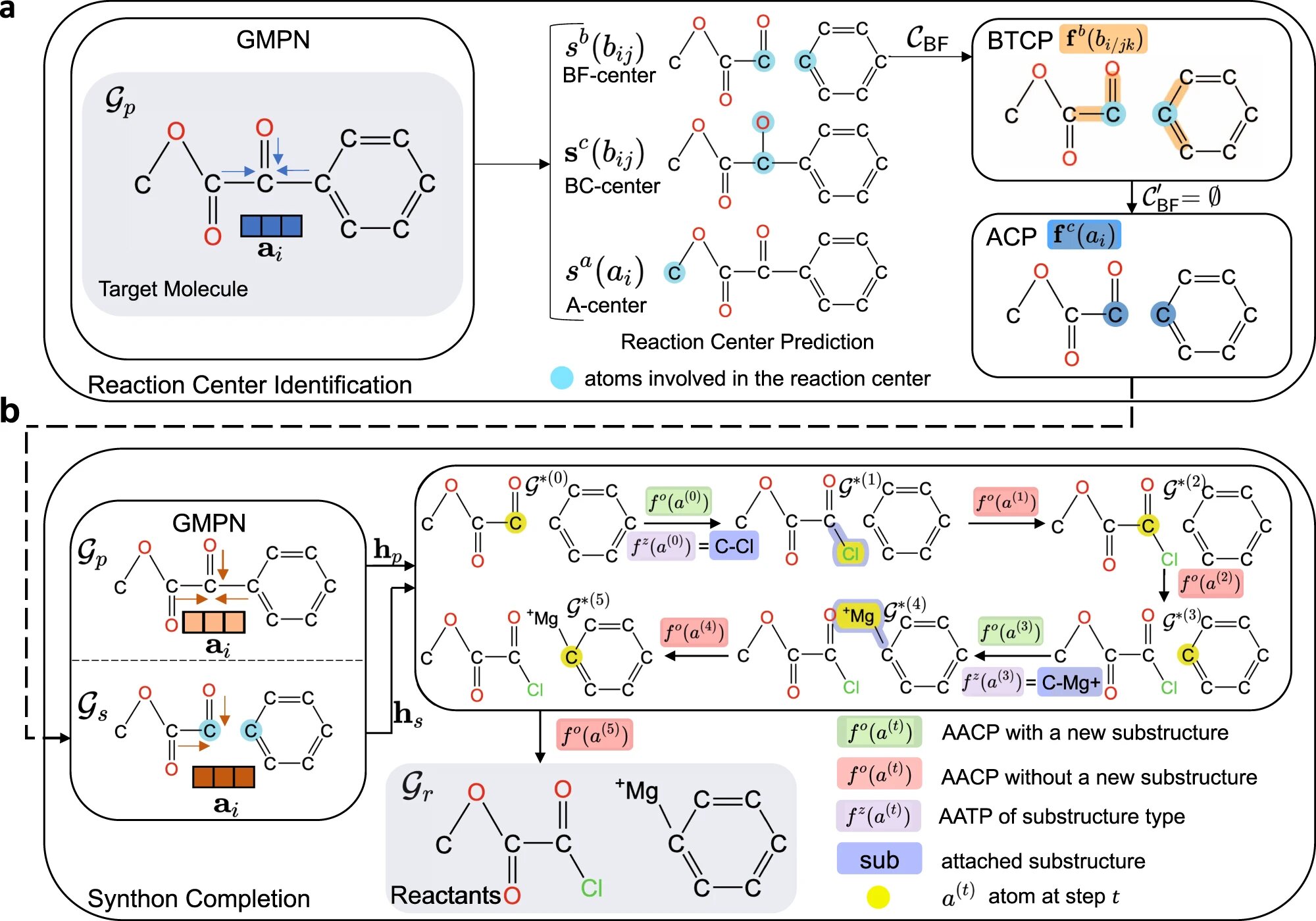

The pharmaceutical industry can take years to develop drugs that can treat or cure human diseases. The drug discovery process is carried out by human chemists who rely on their knowledge and experience to select and synthesize the right molecules required to create safe and effective medicines. Scientists often employ a technique called retrosynthesis, which is a method for creating potential drugs by searching for chemical reactions to make them. However, sifting through millions of potential chemical reactions can be an extremely challenging and time-consuming endeavor.
Researchers at The Ohio State University have created an AI framework called G2Retro to automatically generate reactions for any given molecule. The framework was able to cover an enormous range of possible chemical reactions and accurately discern which reactions might work best to create a given drug molecule. Xia Ning, lead author of the study and an associate professor of computer science and engineering at Ohio State, said that using AI for things critical to saving human lives, such as medicine, is what they really want to focus on. The aim was to use AI to accelerate the drug design process, which not only saves researchers time and money but provides drug candidates that may have much better properties than any molecules that exist in nature.
Ning’s team trained G2Retro on a dataset that contains 40,000 chemical reactions collected between 1976 and 2016. The framework “learns” from graph-based representations of given molecules and uses deep neural networks to generate possible reactant structures that could be used to synthesize them. G2Retro has a generative power that is so impressive that, according to Ning, once given a molecule, it could come up with hundreds of new reaction predictions in only a few minutes.
To further test the AI’s effectiveness, Ning’s team conducted a case study to see if G2Retro could accurately predict four newly released drugs already in circulation. G2Retro was able to correctly generate exactly the same patented synthesis routes for these medicines and provided alternative synthesis routes that are also feasible and synthetically useful. Having such a dynamic and effective device at scientists’ disposal could enable the industry to manufacture stronger drugs at a quicker pace.
However, despite the edge AI might give scientists inside the lab, Ning emphasizes the medicines G2Retro or any generative AI creates still need to be validated. This process involves the created molecules being tested in animal models and later in human trials. Ning also said that they are very excited about generative AI for medicine, and they are dedicated to using AI responsibly to improve human health.
The pharmaceutical industry can take years to develop drugs that can treat or cure human diseases. However, using generative artificial intelligence could vastly accelerate the drug-development process. Ohio State University researchers have created an AI framework called G2Retro that can automatically generate reactions for any given molecule. It has a generative power that is so impressive that it could come up with hundreds of new reaction predictions in only a few minutes. Having such a dynamic and effective device at scientists’ disposal could enable the industry to manufacture stronger drugs at a quicker pace.
The battle against antimicrobial resistance (AMR) has become one of the paramount public health challenges…
In our relentless pursuit of healthier lifestyles, the craze for sugar alternatives has become a…
As climate change continues to wreak havoc globally, Africa's vulnerability makes it imperative for nations…
The realm of quantum technology has long been hailed as the next frontier in scientific…
The fascination surrounding black holes often breeds misconceptions, particularly the idea that they obliterate not…
In a groundbreaking endeavor, researchers at Trinity College Dublin have merged the worlds of chemistry…
This website uses cookies.